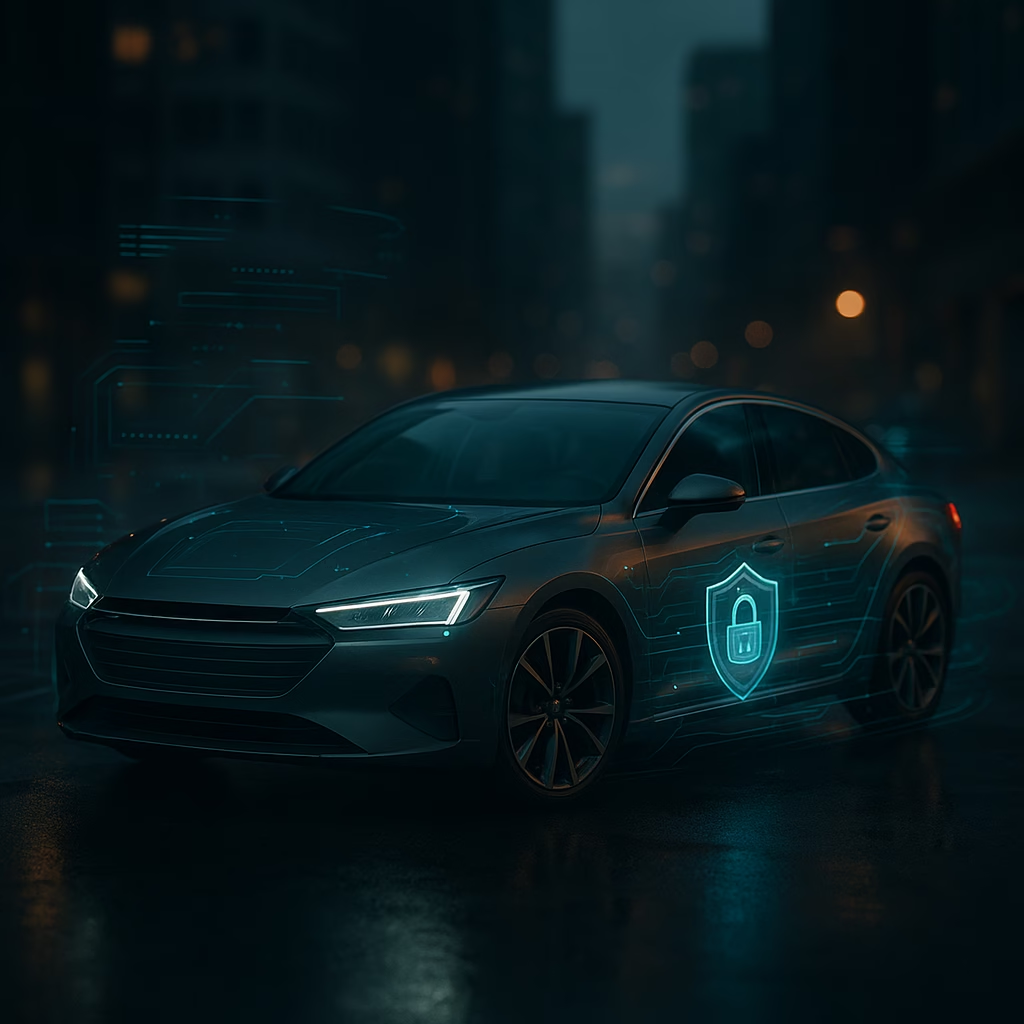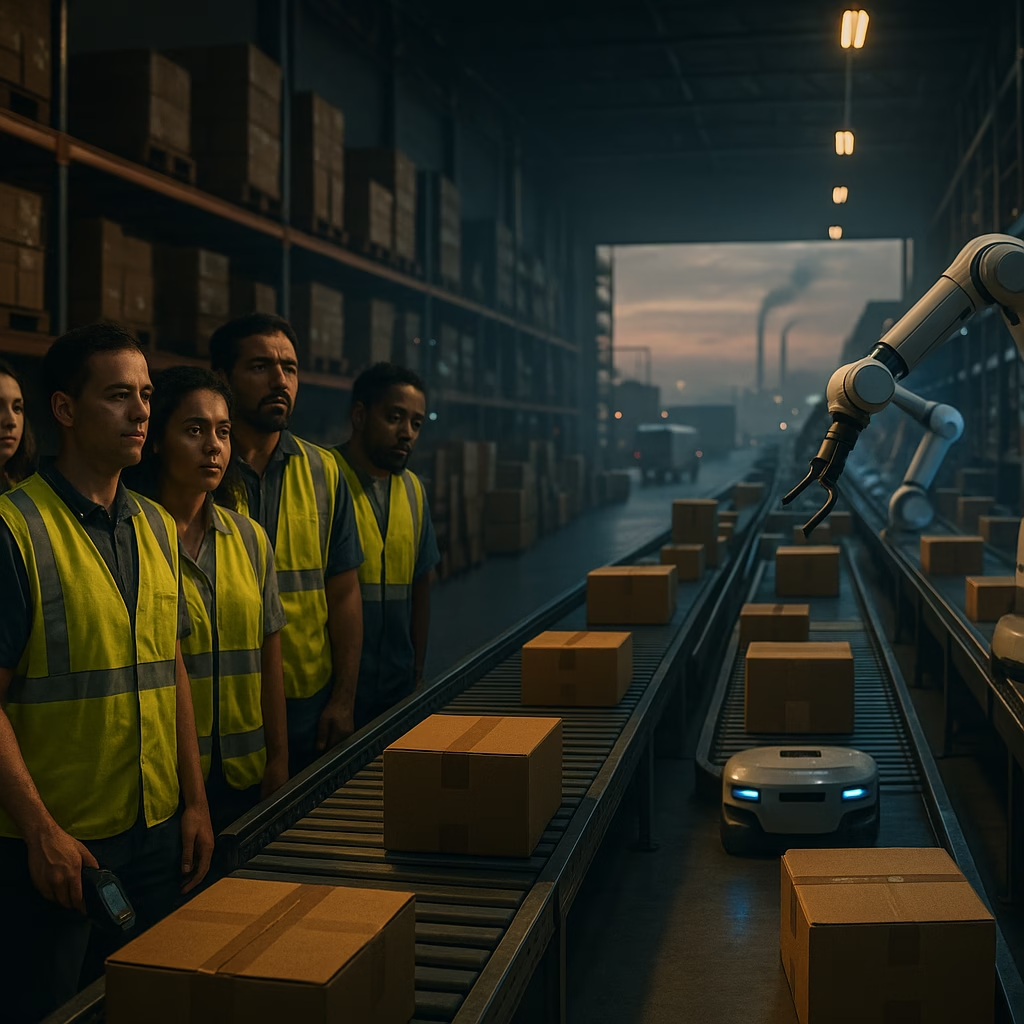Mechanize Claims Full Automation of Economy as AI Threatens Millions of Jobs
In a bold and controversial statement that is sending ripples across global industries, leading robotics and AI firm Mechanize has announced its vision for a fully automated economy. With artificial intelligence (AI) advancing at breakneck speed, Mechanize predicts that automation will soon eliminate millions of traditional jobs. While the firm hails this technological shift as the dawn of unprecedented productivity, the potential economic and social disruptions are sparking heated debate across sectors.
The Mechanize Vision: A Future Without Human Labor
Mechanize, a global leader in intelligent automation systems, revealed its ambitious plan to achieve near-total automation in production, logistics, and service sectors. According to company officials, the integration of advanced AI and robotics will soon render many human roles obsolete.
- AI-driven factories and warehouses that operate 24/7 without human intervention
- Autonomous vehicles replacing traditional delivery, trucking, and transportation jobs
- Machine-learning algorithms handling data entry, customer service, and even decision-making roles
“The world is on the brink of the Fourth Industrial Revolution,” says Mechanize CEO Jenna Caldwell. “We envision a fully automated economy driven by intelligent machines capable of outperforming humans in countless fields.”
Human Jobs at Risk: A Growing Concern
While the technology offers remarkable efficiencies, experts warn that automation could cause massive job displacement. Mechanize’s report estimates that over 400 million jobs globally—particularly in fields such as manufacturing, transportation, and administrative services—could be phased out within the next 15 to 20 years.
Industries Most Vulnerable to AI Disruption
- Manufacturing: Assembly line and machine operation jobs already see AI-driven robots replacing human labor, especially in countries with high labor costs.
- Retail and Customer Service: AI chatbots, virtual assistants, and self-checkout kiosks are replacing traditional point-of-sale jobs.
- Transport and Logistics: Autonomous driving technology threatens millions of positions in shipping, trucking, and delivery services.
According to the International Labour Organization (ILO), structural unemployment caused by automation is a looming concern. Entire communities that rely on traditional jobs may find themselves displaced without viable alternatives.
The Economic Upside: Productivity and Profitability
Despite concerns, Mechanize insists that a fully automated economy could result in a new era of prosperity—if managed correctly. Automated systems not only lower labor costs but drastically increase operational speed and efficiency.
- Increased productivity: Machines don’t get tired, sick, or need holidays.
- Cost reduction: Organizations can cut overheads by reducing their dependence on human labor.
- Improved scalability: Businesses can scale rapidly with AI systems managing operations around the clock.
“This is not about replacing people for the sake of it,” says Mechanize’s CTO Dr. Rafael Chou. “It’s about unlocking new economic potential and creating smarter systems that push civilization forward.”
Government Response and Regulation
The rapid advancement of automation has caught the attention of policymakers. Governments worldwide are considering stricter regulations, workforce transition plans, and social welfare reforms to prepare for a drastically transformed labor market.
Proposed Policy Measures Include:
- Universal Basic Income (UBI): A monthly stipend to provide financial security amid job losses.
- Reskilling and upskilling programs: Training workers in IT, data science, and other in-demand fields.
- Robot taxation: Taxing companies for using machines in place of human workers, with funds redirected to social programs.
Some countries have already begun pilot programs for UBI and are investing heavily in digital education and coding bootcamps. However, critics argue that efforts are too little, too late to stave off widespread unemployment.
The Ethical and Social Debate
Mechanize’s announcement has reignited ethical concerns about AI-driven automation. The central question: Does progress require the sacrifice of livelihood for millions?
- Inequality: Without proper checks, automation may widen the wealth gap by concentrating profits among corporations and tech elite.
- Depersonalization: As human interaction decreases in businesses, customer satisfaction and emotional connection might erode.
- Mental Health: Job loss and lack of purpose can cause widespread psychological distress in the displaced workforce.
Human rights activists urge governments and corporations to engage in ethical AI deployment, ensuring technology benefits all layers of society, not just a select few.
The Emergence of New Opportunities
While traditional roles may vanish, experts also see opportunity in the shifting landscape. The automation revolution will create a demand for new job categories as well as entirely novel industries.
Potential Growth Sectors
- AI Maintenance & Programming: Developers, engineers, and repair technicians will be in high demand to build and maintain automated systems.
- Human-AI Collaboration Roles: New hybrid roles are emerging that require both human sensitivity and machine intelligence.
- Ethics and Compliance: Specialists will be needed to ensure automation adheres to ethical and legal standards.
Educational systems are beginning to pivot toward future-ready curriculum, focusing on STEM (Science, Technology, Engineering, and Mathematics), critical thinking, and emotional intelligence.
Final Thoughts: Navigating the AI Economic Shift
Mechanize’s declaration points to an inevitable truth—the world economy is on a collision course with full automation. While the transformation promises increased efficiency and potentially limitless innovation, it demands a concerted effort from every facet of society to ensure it is inclusive, ethical, and sustainable.
As we stand at this technological crossroads, our collective decisions will shape the nature of work, equity, and well-being for generations to come.
The question now isn’t whether automation will change the world—it’s how prepared we are to adapt to it.
< lang="en">







Leave a Reply